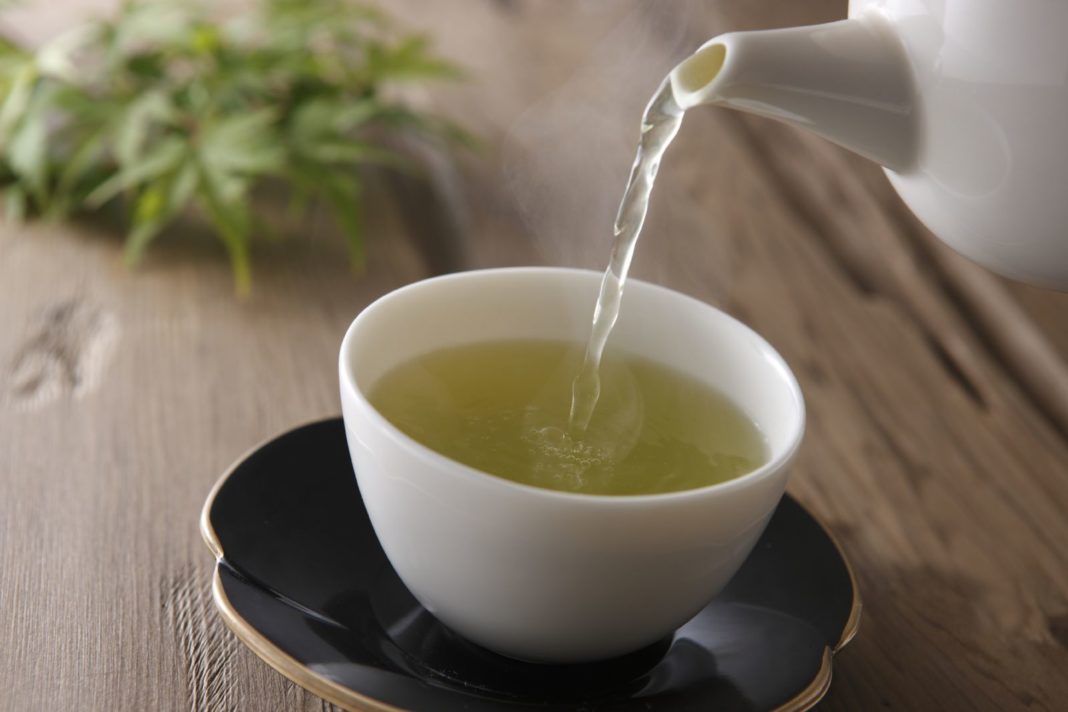Green tea, originating in China and India, has been consumed and acclaimed for its health benefits for centuries around the world, but only recently has it gained popularity in the United States.
Tea is the most consumed drink in the world behind water. However, 78 percent of the tea consumed worldwide is black, and only about 20 percent is green.
All types of tea, except herbal tea, are made from the dried leaves of the Camellia sinensis shrub. The oxidation level of the leaves determines the type of tea.
Green tea is made from non-oxidized leaves and is one of the least processed types of tea. Therefore, it contains the highest amount of beneficial antioxidants and polyphenols.

11 health benefits of green tea
Here is a list of the amazing benefits of green tea, benefits that you may not have been aware of. Some of these benefits are still being debated, so you should do your own research if you want to use green tea for medicinal purposes.
Weightloss: Green tea increases metabolism. The polyphenol found in green tea works to intensify fat oxidation levels and the rate at which your body converts food to calories. See this article for more information on this: Is drinking green tea an effective way to lose weight?
Diabetes: Green tea apparently helps regulate glucose levels, slowing the rise in blood sugar after eating. This can prevent high insulin spikes and the resulting fat storage.
Heart disease : scientists believe that green tea works on the lining of blood vessels, helping to keep them relaxed and better resist changes in blood pressure. It can also protect against the formation of clots, which are the main cause of heart attacks.
Esophageal cancer: it can reduce the risk of esophageal cancer, but it is also widely believed to kill cancer cells in general without damaging the healthy tissue around them.
Cholesterol: Green tea reduces bad cholesterol in the blood and improves the ratio of good cholesterol to bad cholesterol.
Alzheimer’s and Parkinson’s, which would delay the deterioration caused by Alzheimer’s and Parkinson’s disease. Studies in mice have shown that green tea protects brain cells from death and restores damaged brain cells.
Caries. Studies suggest that the chemical antioxidant “catechin” in tea can destroy bacteria and viruses that cause throat infections, tooth decay, and other dental conditions
Arterial pressure. Regular consumption of green tea is thought to reduce the risk of high blood pressure.
Depression Theanine is an amino acid found naturally in tea leaves. It is this substance which is said to provide a relaxing and calming effect and be very beneficial for tea drinkers.
Anti-viral and antibacterial. Tea catechins are powerful antibacterial and antiviral agents that make them effective for everything from flu to cancer. In some studies, green tea has been shown to inhibit the spread of many diseases.
SkinCare : Green tea can also help reduce wrinkles and signs of aging, due to their antioxidant and anti-inflammatory activities. Animal and human studies have shown that locally applied green tea can reduce sun damage.















